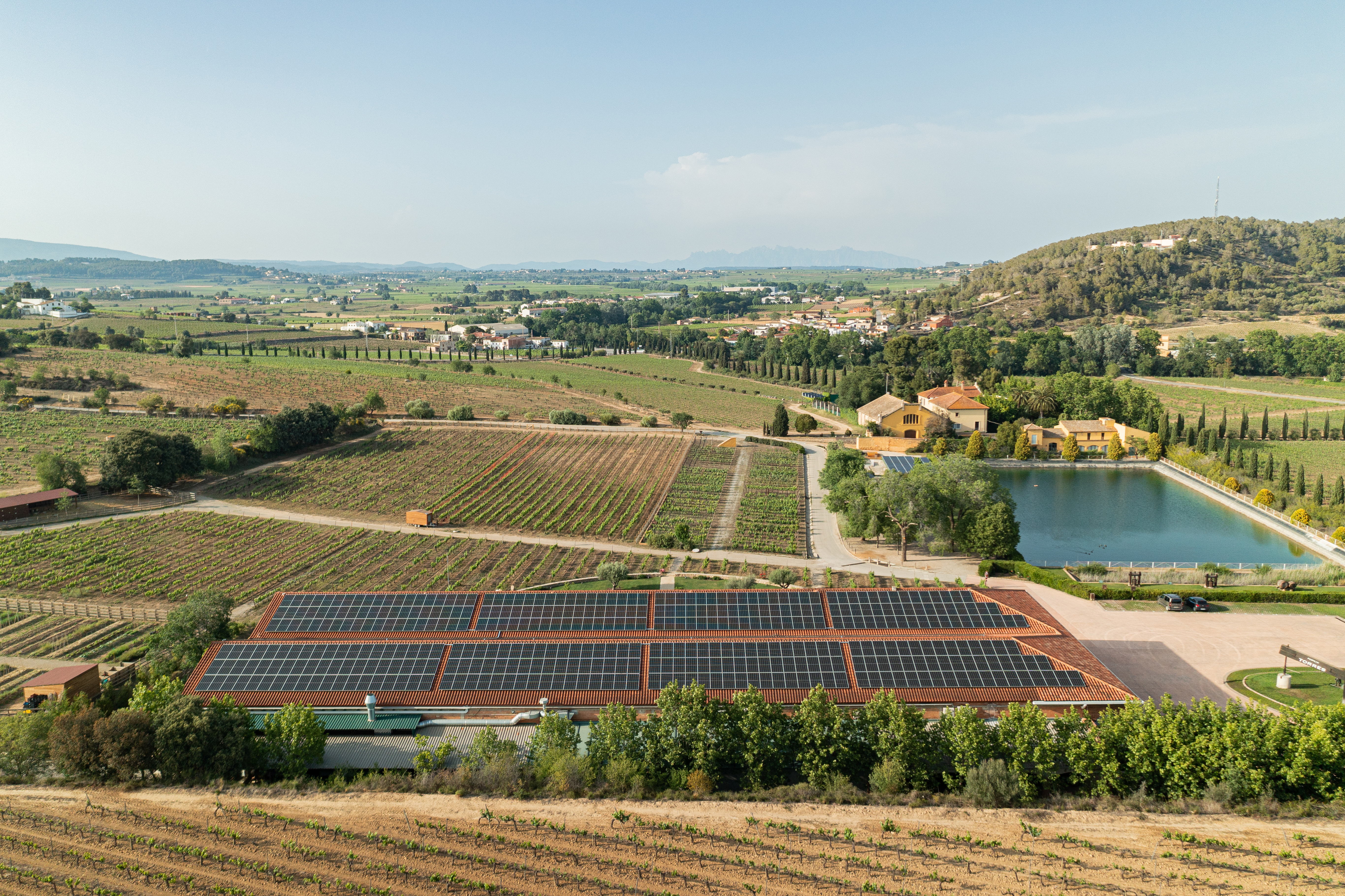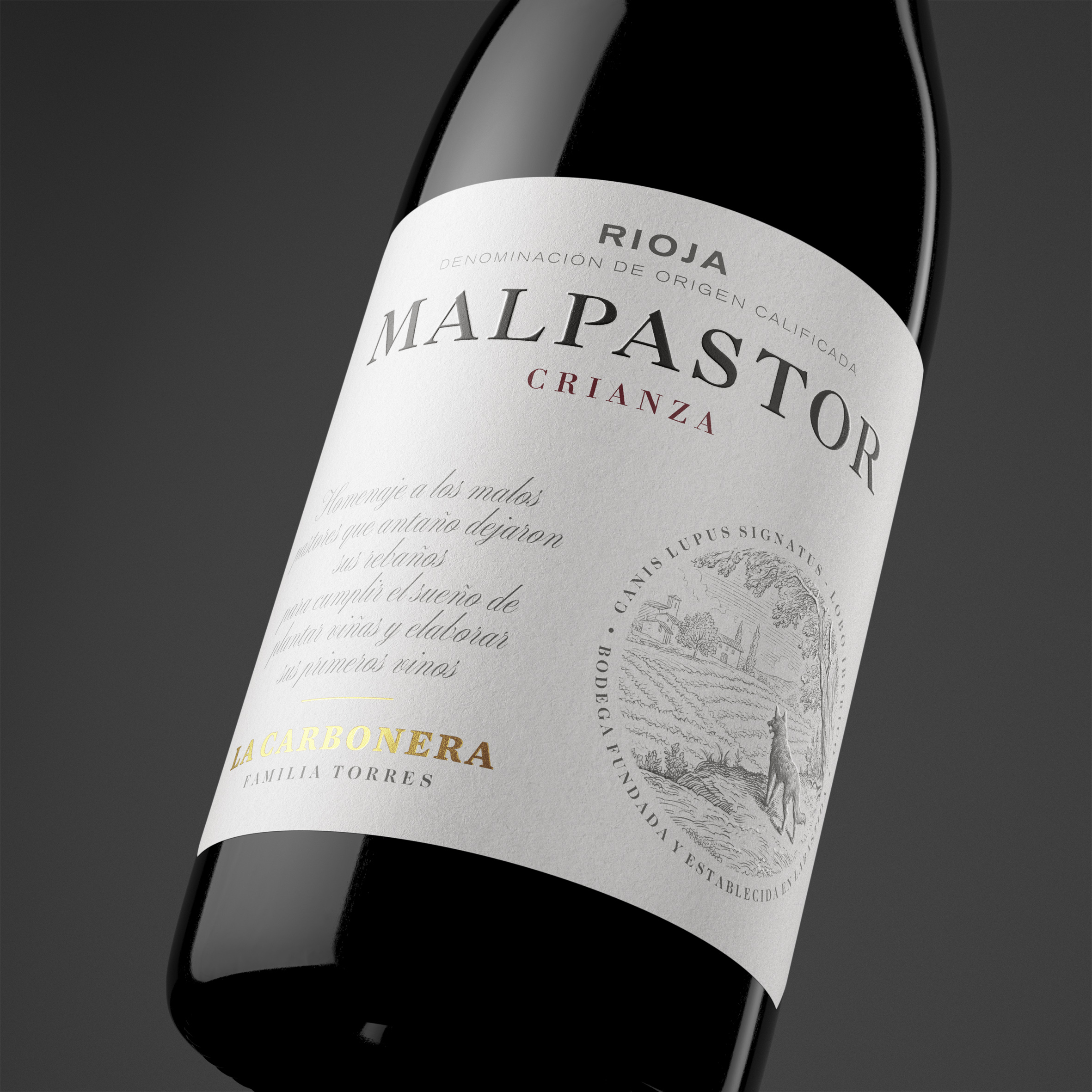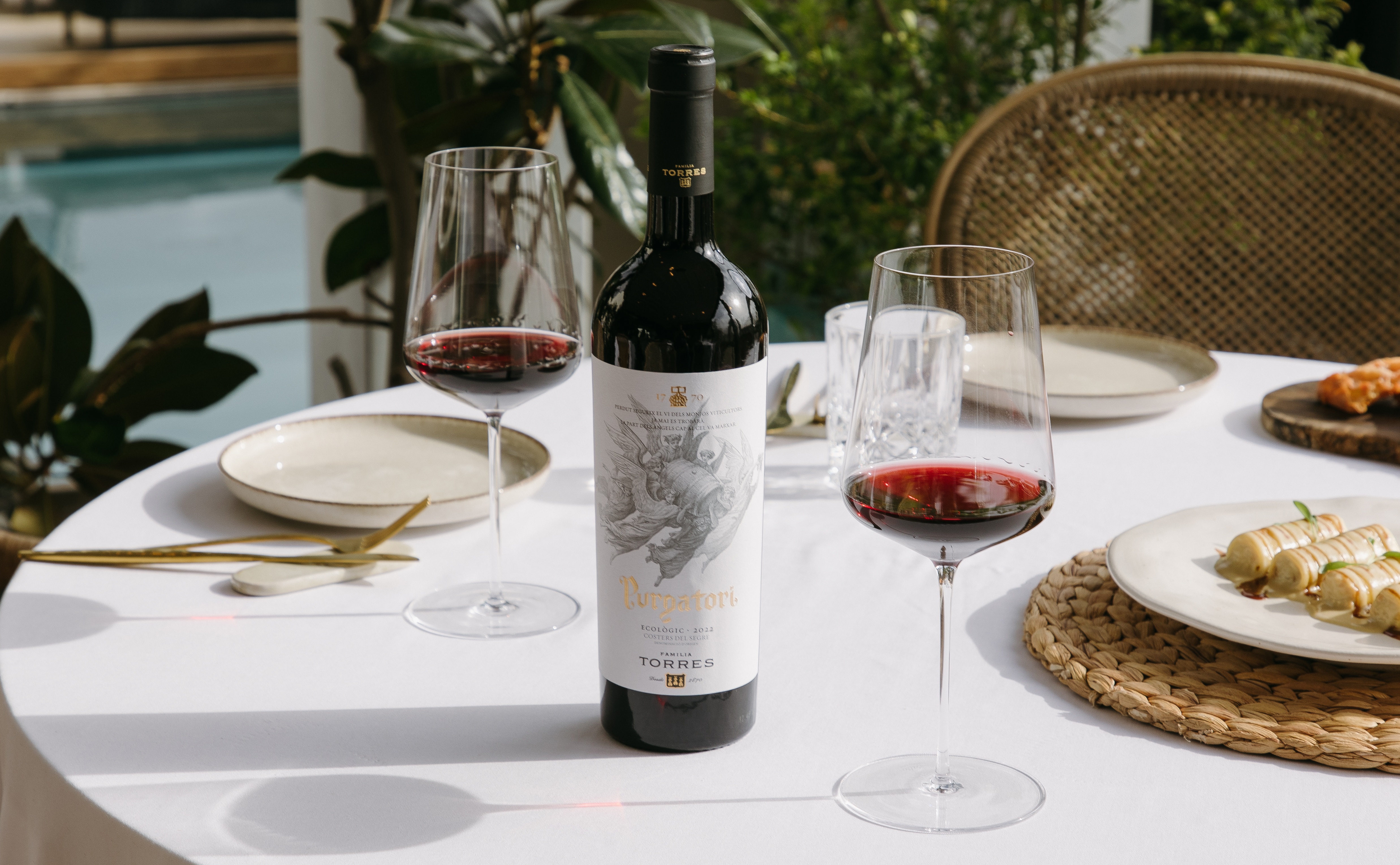Familia Torres is enhancing the reuse of regenerated water and the capacity for rainwater retention in an effort to optimise water resources and reduce its reliance on municipal water and underground sources. These are the key initiatives of its water management plan, which falls within the Torres & Earth environmental sustainability programme that the winery implemented in 2008 to adapt to climate change and mitigate its effects.
In 2023, Familia Torres reused 45% of the process water associated with wine production at its winery in Pacs del Penedès, the highest figure since the start of its water purified water regeneration plant in 2016, likely the first to be installed in a winery. This regenerated water is primarily used for irrigation, cleaning, and cooling.
Furthermore, the winery now collects almost all the rainwater from the roofs of its facilities in Pacs del Penedès and is looking into increasing its water retention capacity by also collecting water from the roadways. Additionally, it has about 45 ponds on its estates in Catalonia, with a total water storage capacity of 122,000 m3.
These actions, along with other measures to improve water use efficiency in various production processes at the winery, have allowed Familia Torres to reduce water consumption in its facilities by 18% since 2016, a figure that it hopes to increase in the coming years.
Installation of support irrigation in all vineyards
The efforts to regenerate and retain water are in response to Familia Torres’ need to install support irrigation in its vineyards across Catalonia to preserve the quality of the grapes and ensure the survival of its vines in an increasingly arid climate. Nearly a third of the vineyards owned, about 300 hectares, already have drip irrigation systems, and there are plans to expand the irrigated area to 600 hectares within the next three years, which will require an investment of more than 5 million euros.
Familia Torres has opted in most cases for an underground irrigation system to prevent evaporation losses. Furthermore, the company implements several measures to maximise irrigation efficiency, such as activating the system during nighttime hours, using moisture probes and sensors, and applying cultivation strategies that better retain water or reduce water stress.
37% reduction in CO₂ emissions per bottle
In addition to adapting to climate change, Familia Torres is committed to reducing its CO₂ emissions, another cornerstone of its Torres & Earth programme. In the latest audited balance report (Miguel Torres S.A.), the winery has achieved a 37% reduction in CO₂ emissions per bottle from 2008 to 2023 in scopes 1, 2 and 3, that is from the vineyard to the consumer. This is an improvement over the previous year, though progress has been hampered by extreme drought and the consequent drop in production in 2023.
The measures that have most contributed to the reduction of the carbon footprint have been, above all, the self-generation of renewable energies, the reduction of bottle weight, and the decrease in fertiliser use thanks to the implementation of regenerative viticulture. Initiatives related to sustainable mobility and the capture and reuse of CO₂ from wine fermentation have also been expanded. The winery’s goal is to reduce CO₂ emissions per bottle (direct and indirect) by 60% by 2030 compared to 2008 and to achieve net-zero emissions by 2040.
Miguel A. Torres, president of Familia Torres, asserts that the reuse of glass bottles could significantly contribute to reducing emissions associated with packaging and distribution. ‘Glass is the best material for wine as it does not release harmful substances unlike plastic. For certain markets like the Scandinavian monopolies, bottle reuse could be a viable alternative to other formats that contain plastic. We need to stop using plastic because it is a material that, in addition to coming from petroleum and polluting the planet, is harmful to our health’, he warns. He continues: “Another measure to reduce emissions is bottling at the destination; we already had an experience in Quebec and we want to replicate it in the Nordic countries”.



